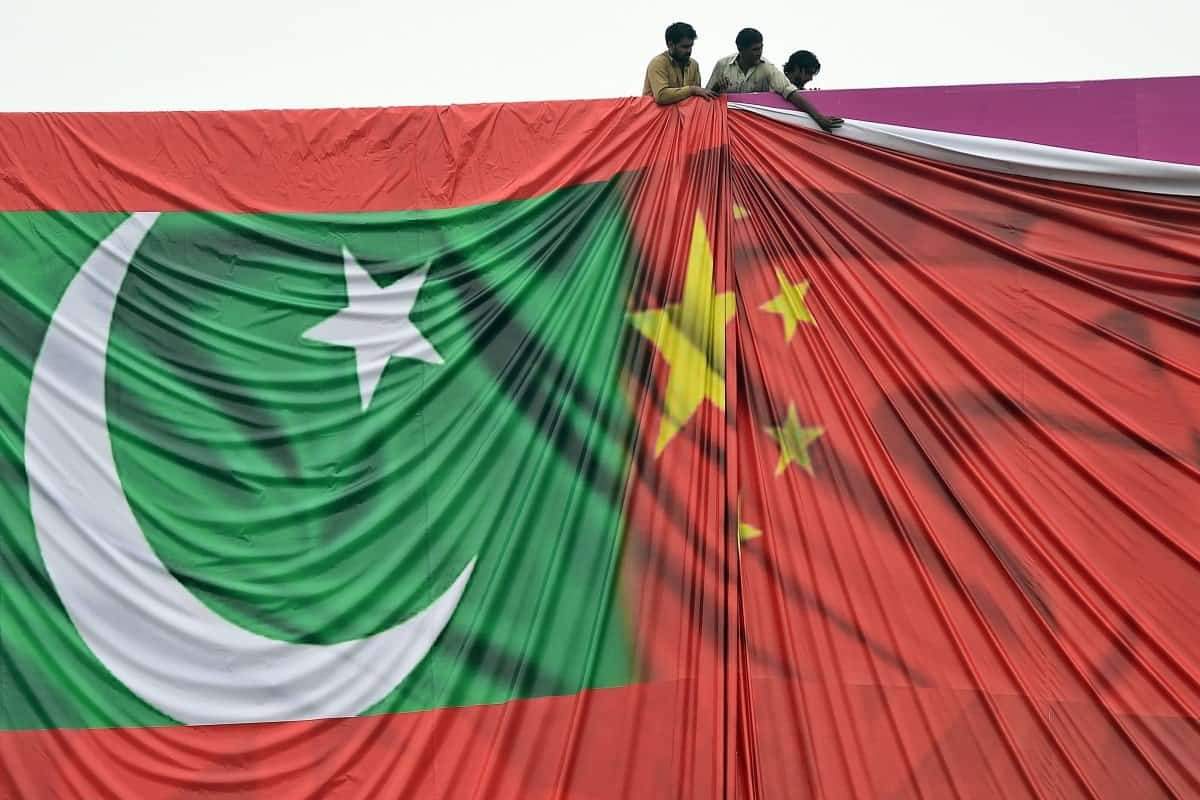China, Pakistan agree to push on with rail and power projects

China said it has agreed with Pakistan to push ahead with rail and power projects under the China Pakistan Economic Corridor (CPEC), as the two nations remain locked in border stand-offs with their mutual neighbour India.
Beijing made the announcement on Friday following a meeting between Chinese Foreign Minister Wang Yi and his Pakistani counterpart, Shah Mahmood Qureshi, in the south China island province of Hainan.
“The foreign ministers of China and Pakistan agreed that the joint construction of the belt and road should be accelerated to bring more benefits to the two peoples,” Wang was quoted as saying in a statement by the Chinese foreign ministry.
“The construction of the China-Pakistan Economic Corridor has entered a new stage of high-quality development and will continue to play an important role in the revitalisation of Pakistan,” he said.
The CPEC is a US$62 billion project that forms part of the Belt and Road Initiative, Beijing’s multibillion-dollar infrastructure development plan to boost connectivity across Asia and beyond.
China is the largest foreign investor in Pakistan, accounting for US$27 million of the US$114.2 million logged last month, according to figures from the State Bank of Pakistan.Andrew Small, a senior fellow with the Asia programme of the German Marshall Fund, a non-profit organisation in Washington, said the CPEC was enjoying a “mini-revival” ahead of a possible visit to Pakistan by Chinese President Xi Jinping.
Xi was expected to visit earlier in the year but the trip was cancelled because of the coronavirus pandemic. A revised date has not been set.
“Given its status as the belt and road’s flagship, the Chinese government wants to ensure a narrative of momentum and success around the CPEC, especially with the additional spotlight a visit [by Xi] would shine on it,” he said.
“There is no chance that they would have been able to sustain that narrative without a new investment package, given the slowdown that CPEC has experienced in recent years.”
Earlier this month, Pakistan approved a US$6.8 billion scheme – known as the Main Line 1 upgrade project – to improve the South Asian country’s main railway line, which runs for almost 1,900km (1,180 miles) from Karachi to Peshawar.
The much-delayed project is the most expensive to date under the CPEC. Until 2018 it had a budget of US$8.8 billion but that was slashed by Islamabad over debt concerns.
Other CPEC projects have also suffered delays and funding problems. A key section of highway missed a construction deadline in December, as government ministries slashed payments for it.
“The CPEC is costing Pakistan a lot of money. This is no gift, and Pakistan is accumulating a lot of debt,” said Claude Rakisits, an associate professor at the Asia-Pacific College of Diplomacy at the Australian National University.
The progress on the rail project comes as China and Pakistan remain in conflict with India.
On Thursday, India’s foreign ministry said New Delhi and Beijing had agreed to “sincerely work towards complete disengagement” following their latest talks, though Indian media reports said the talks had failed to make any progress on the issue.At least 20 Indian soldiers were killed in clashes with troops from China’s People’s Liberation Army (PLA) on a rocky pass in the Himalayas in June. Beijing declined to say how many casualties the PLA suffered.
Rakisits said progress on the CPEC was indicative of China’s growing influence in South and Central Asia.
“China has the money and the infrastructure-building capacity to link Pakistan, but also Afghanistan and Iran, to its Belt and Road Initiative,” he said.
“Not surprisingly, India, which simply cannot compete with China in that regard, will be worried that its influence in the region may be waning as China’s grows.”
On Wednesday, the foreign ministers of China and Afghanistan agreed to increase cooperation on railway and power projects under the belt and road plan.
Photo: China and Pakistan are increasing their cooperation amid individual conflicts with mutual neighbour India. Photo: AFP




